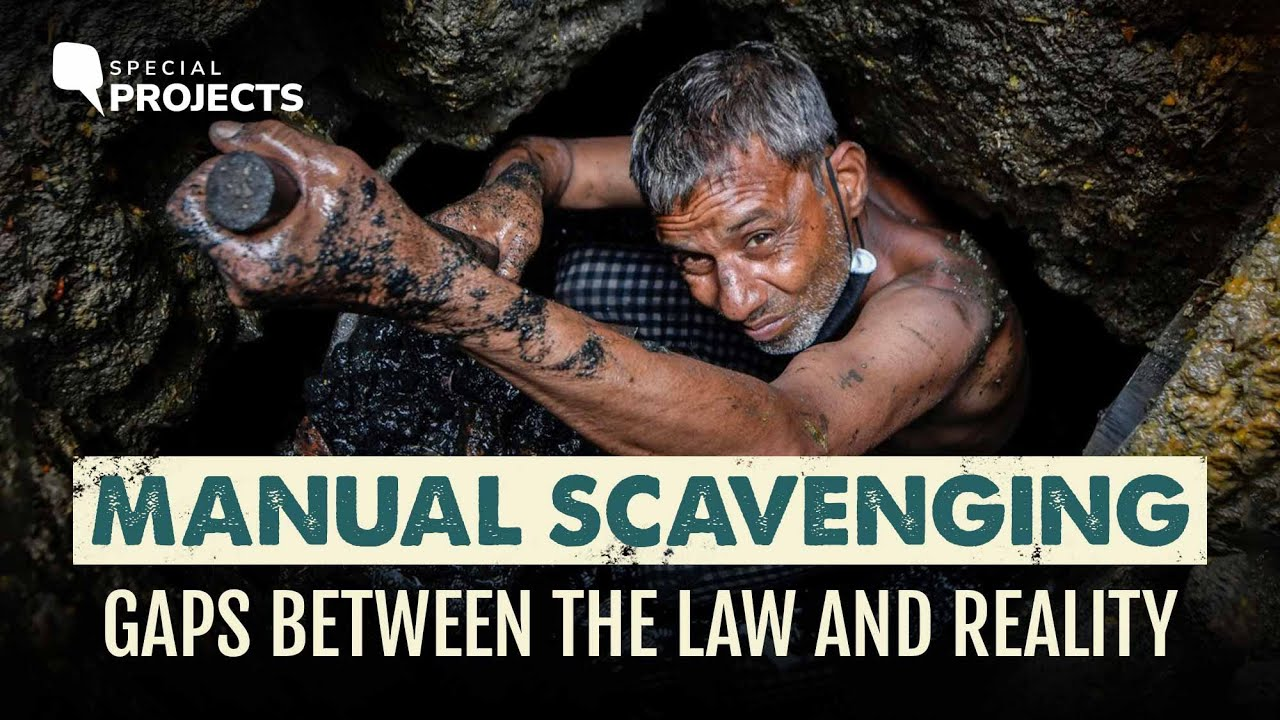Free Courses Sale ends Soon, Get It Now


Free Courses Sale ends Soon, Get It Now



Copyright infringement not intended
Picture Courtesy: The Quint
Context: The Supreme Court of India, in a recent judgment, emphasized the need to completely eradicate the inhuman practice of manual scavenging.
Details
Key points from the Supreme Court's judgment are as follows:
Conclusion
Must Read Articles:
Manual Scavenging In India: https://www.iasgyan.in/daily-current-affairs/manual-scavenging-in-india
Manual Scavenging: https://www.iasgyan.in/daily-current-affairs/manual-scavenging-23
|
PRACTICE QUESTION Q. What are the key social, economic, and legislative challenges that continue to perpetuate the practice of manual scavenging in India, and what steps are being taken to eradicate this dehumanizing and dangerous occupation? |
© 2024 iasgyan. All right reserved